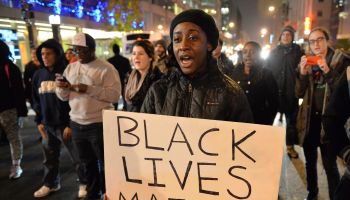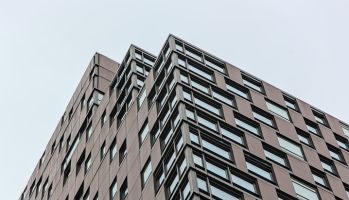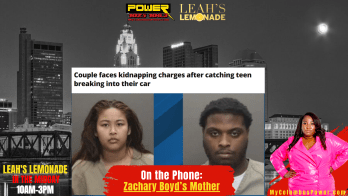It looks as though it might get a little easier to “live while black”, after lawmakers push for criminal misdemeanor charges against individuals who misuse 911 services to racially profile people of color living their everyday lives.
Remember back when two black men were confronted by Philadelphia police after asking to use the bathroom in Starbucks without making a purchase first? Or when a black, female graduate student at Yale University was questioned by police for falling asleep in a dorm common room? What about the black man in Oakland, who had 911 called on him by “Permit Patty” accusing him of illegally barbecuing in a public park?
Finally it is recognized, that with no real threat being posed people of color are stereotyped way more often than not. And accusers are simply out of line making rash judgements.
Two lesser-known incidents that occurred in Michigan have sparked the attention of local lawmakers. A graduation party in Grand Rapids was shut down due to a noise complaint, but really the white residents were concerned about a large gathering of black people. The other incident involved 11-year-old twin boys who were handcuffed and detained by police after a 911 caller said one of the children had a gun. He didn’t.
Those calls lead to numerous complaints about racial profiling and 911 calls, as well as policing, in western Michigan. Now, the city of Grand Rapids could be one of the first in the country to make unnecessary 911 calls illegal. A proposed ordinance would make it a “criminal misdemeanor to racially profile people of color for participating in their lives” and subject the people behind those 911 calls to a $500 fine.
Senita Lenear, a Grand Rapids city commissioner who also is the first black person in her position said, “A policy like this makes it, so people have to think about whether their decision to call 911 is grounded in something significant. Our resources can’t be wasted on police addressing non-issues. You can’t ignore that people of color are the ones who have been victimized… that is a part of a pattern.”
Elected officials in Oregon and New York are reportedly also seeking the ordinance for their communities. When Oregon state Rep. Janelle Bynum was stopped by police while going door to door in her district speaking to constituents in July because she looked “suspicious,” she realized that it wasn’t an isolated incident but rather an ongoing problem outside of Oregon.
She said, “I thought my incident was isolated and odd, but as time went on, I realized, no, it’s not. My goal has always been to spark a conversation on issues, especially in Oregon, where people don’t have a great understanding of civil rights history.” She now backing a bill that allows victims of racially biased 911 calls to sue the caller in small claims court for up to $250. Bynum’s proposal recently passed the state’s House and a Senate committee.
Of course, some opposition has risen with the potential of this becoming law. Ronal Serpas, a criminal justice professor at Loyola University New Orleans, questioned whether the potential laws would discourage people from calling police when real crimes happen. He said, “We don’t want to thwart people from calling when they think there is something suspicious in their neighborhood. But we don’t want it to be a racial proxy. We can do both. Whether we need new laws, I don’t know.”
Source: Baller Alert















